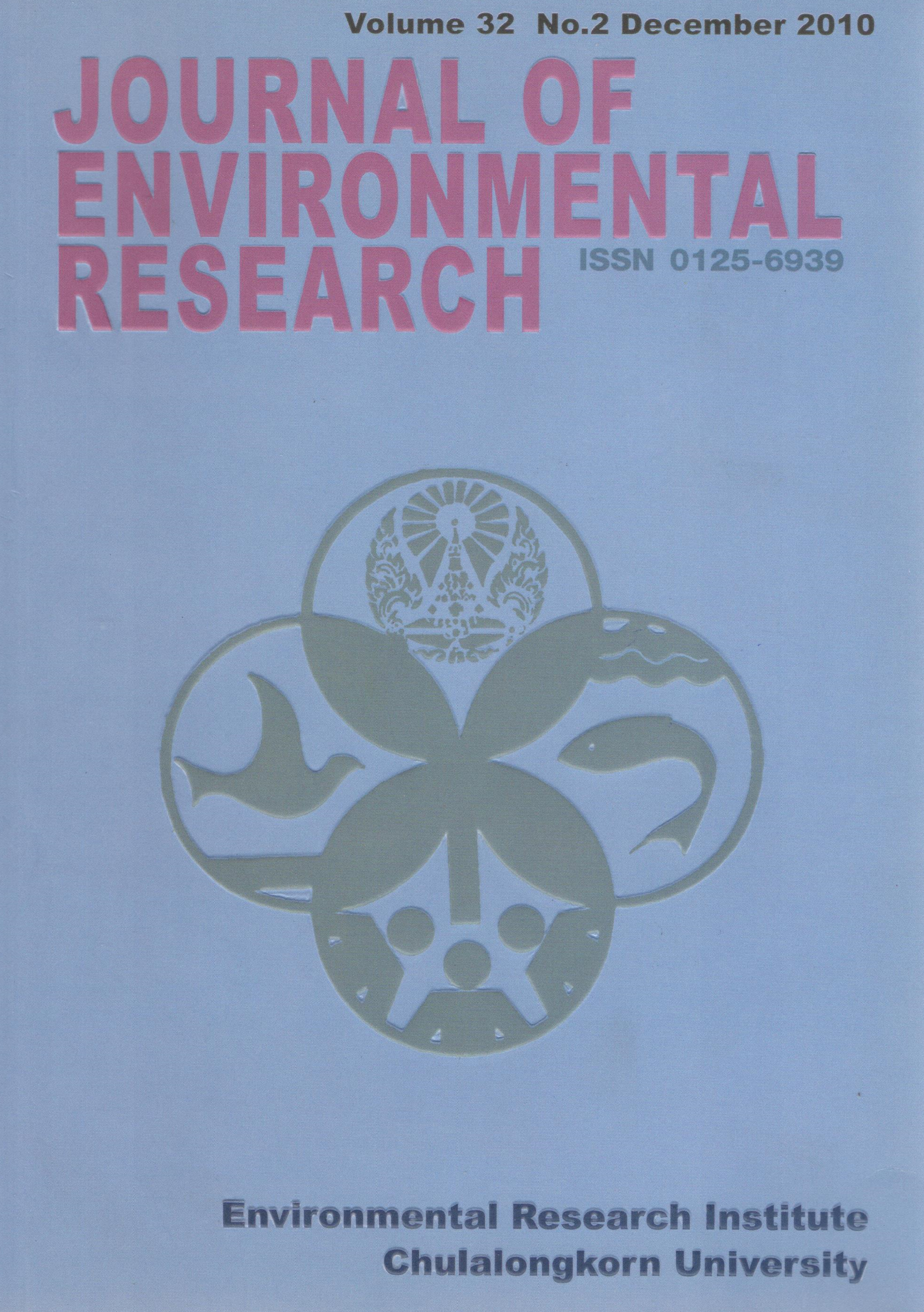Potential of End of Life Vehicles Directive Implementation in Thai Automotive Industry
Main Article Content
Abstract
The objectives of this research were to study the potential of end of life vehicles (ELV) directive implementation in Thai Automotive Industry in Thailand. This research was divided into 2 parts; a survey research using questionnaire with 113 Thai automotive entrepreneurs, qualitative research using indepth interview with relevant persons related to automotive industry. The results indicated that Thai Automotive entrepreneurs had impacts from the ELV directive at a medium level, the average score was 2.94. The readiness for undertaking ELV directive was at medium level, the average score was 3.22. Problems and obstacles in implementing ELV directive were knowledge and understanding level of each organization (72.70 %), high cost of non-hazardous material and components (70.10 %), increasing cost of testing of hazardous substances (63.60 %). Regarding the management of ELV directive in Thailand, it was found that there was no direct legislation for ELV implementation enforcement. The control and management of industrial hazardous waste were not systematic. Technology and knowledge were still dependent on western countries.
Article Details

This work is licensed under a Creative Commons Attribution-NonCommercial 4.0 International License.
Published articles are under the copyright of the Applied Environmental Research effective when the article is accepted for publication thus granting Applied Environmental Research all rights for the work so that both parties may be protected from the consequences of unauthorized use. Partially or totally publication of an article elsewhere is possible only after the consent from the editors.

